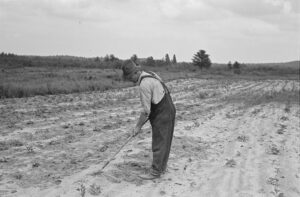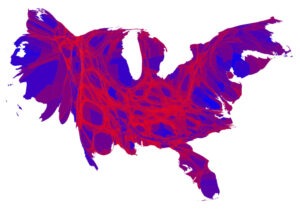December 18, 2010; Source: Fairbanks Daily News Miner | It is odd how easily dental care is overlooked in the national debates on health care reform, especially as it affects rural America. Luckily, in its attention to rural issues, the W.K. Kellogg Foundation has continued to stand out among its peers for its concern about dental care for rural areas.
A recent evaluation confirmed that dental therapists from Kellogg-funded Alaska’s Dental Health Aide Therapy program at work in five Alaska communities are providing safe, competent, appropriate dental care to children and adults, according to the Fairbanks Daily News Miner.
Some 85,000 Alaska natives live in very remote rural areas accessible only by air or water, so they rarely see dentists, and many dentist positions in tribal health programs are unfilled. By training dental therapists, Kellogg’s program helps alleviate the dental care shortfall. Kellogg has funded Alaska’s Dental Health Aide Therapy program since 2006.
Sign up for our free newsletters
Subscribe to NPQ's newsletters to have our top stories delivered directly to your inbox.
By signing up, you agree to our privacy policy and terms of use, and to receive messages from NPQ and our partners.
The program is modeled after a similar program created in New Zealand in 1921. Not surprisingly, Alaska’s first ten rural dental therapists were trained in New Zealand. As part of this initiative, Kellogg funds the DENTEX Training Center in Anchorage, which is helping to reduce the shortage of trained therapists.
With the positive results of its Alaskan work in hand, Kellogg just announced a $16 million commitment to support similar programs in rural Kansas, New Mexico, Ohio, Vermont, and Washington. This looks like an example of a foundation investment whose replication is justified by on-the-ground results and will benefit this nation’s long underserved rural communities.—Rick Cohen













